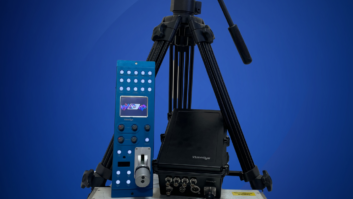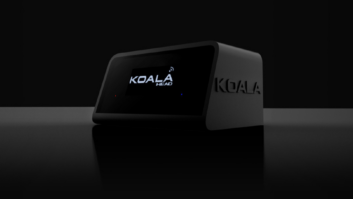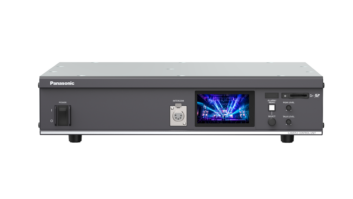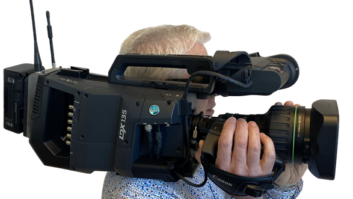
One of the talking points amongst the creative community at IBC is the lessening influence of cinematographers as they join a production project.
Identifying the problem from recent personal experience, Steven Poster ASC (pictured), president of the ICG trade union, said: “One of the things that has changed radically is that the choice of camera seems to no longer be an issue for the DoP and the director to decide.
“In the past if a DoP was asked what kind of film he or she wanted to use that decision was almost always honoured,” he added. “After all it was an artistic choice of what kind of film emulsion was going to tell the story. Now if you choose one digital system over another you are choosing different ‘emulsions’ just by the choice of camera.”
The problem is that it has become trendy for producers to think they can save money by using one camera over another.
“They begin to make those deci- sions whether they are equipped to do so or not,” said Poster. “That’s what happened to me on my latest movie Flypaper. I was told by the producer that I had to use the Red One camera because he has a super cheap deal for the cameras.”
Poster and the post production people on the project first campaigned for the MX Chip on the Red cameras and then for Canon DSLR cameras. What happened next?
“While breaking down the script I saw the possibility of using the Canon cameras for a certain portion of the actions of the main character in the story,” he said. “The producer bought the idea and two 7D Canons and all of the after-market accessories needed to make the cameras into real robust productions tools were acquired.
“As we were shooting I noticed the colour science of the Canon imager was much better than I anticipated,” he added. “I started using them more as mainstream camera platforms, but one major caveat was my anticipation of big image artefacts. All the stories of artefacts were legend, and by the time we got to finishing the movie we found that it was hard to tell the difference between Red footage and the Canon footage.”







